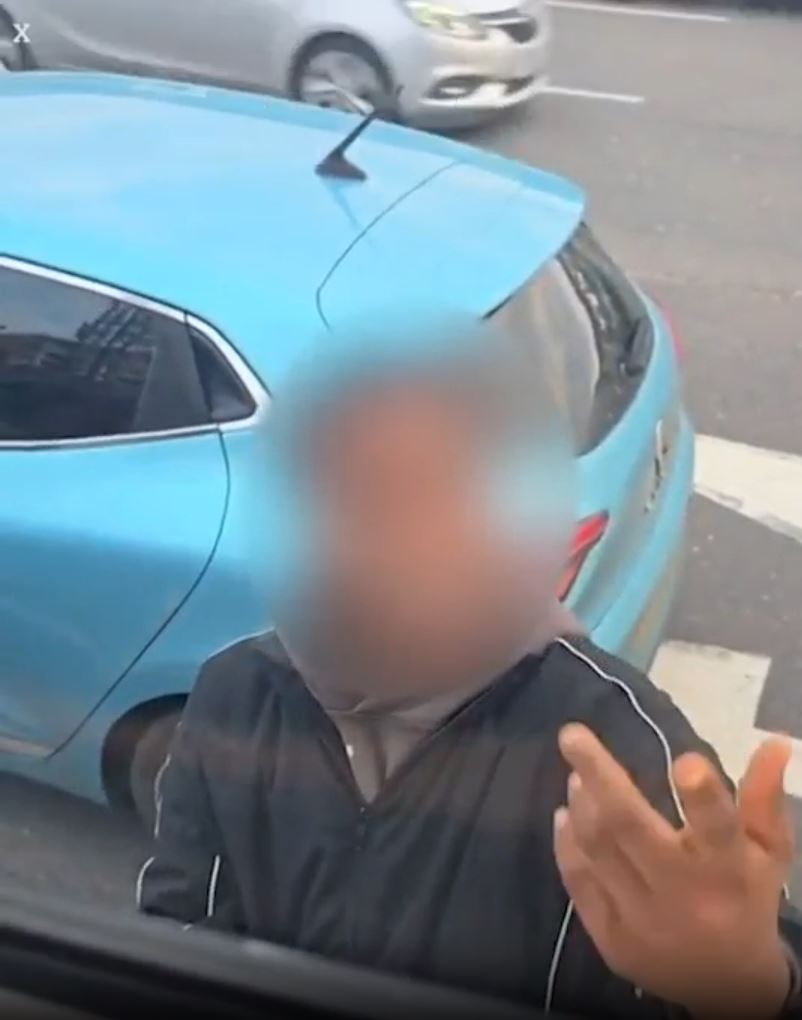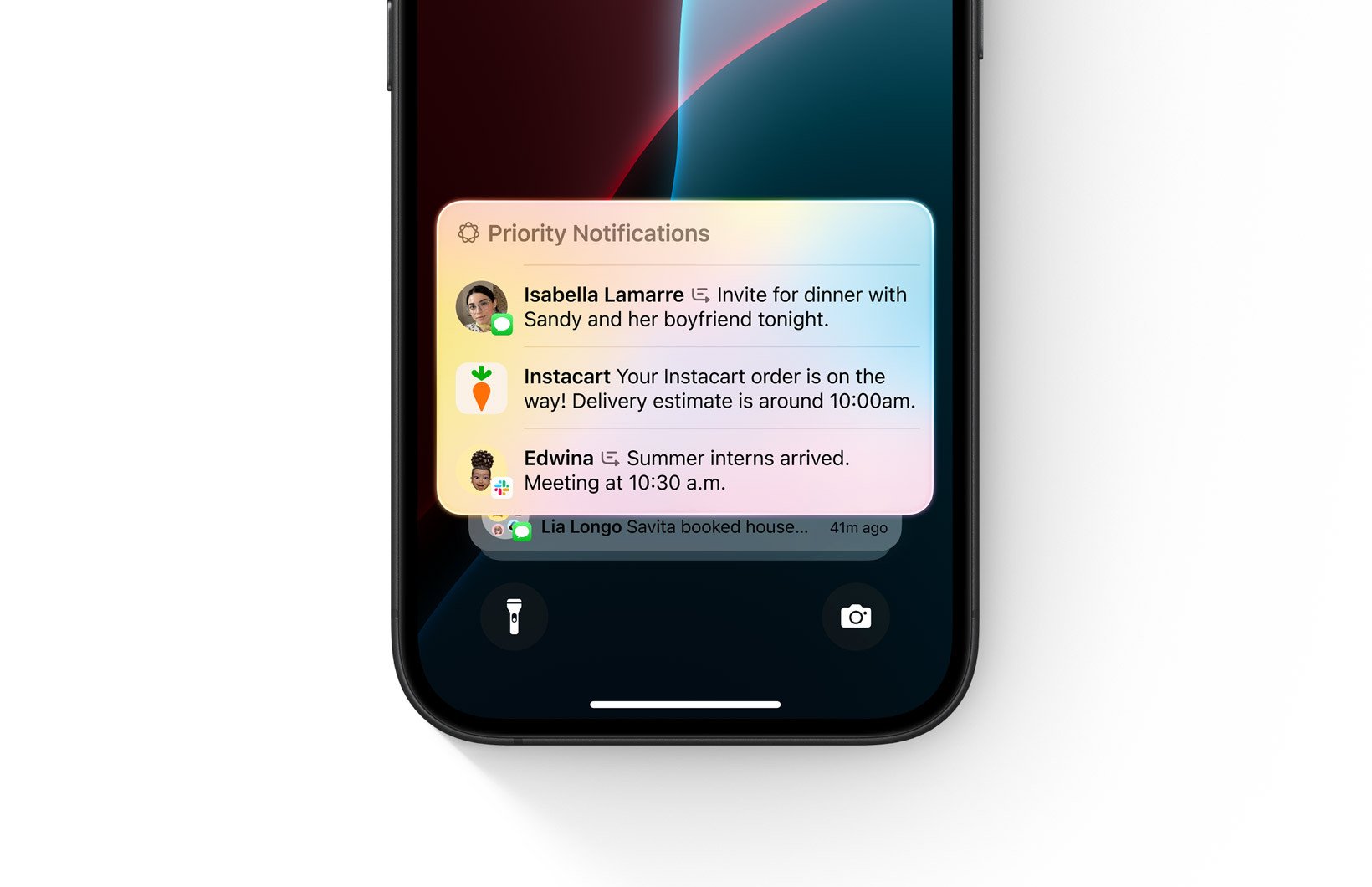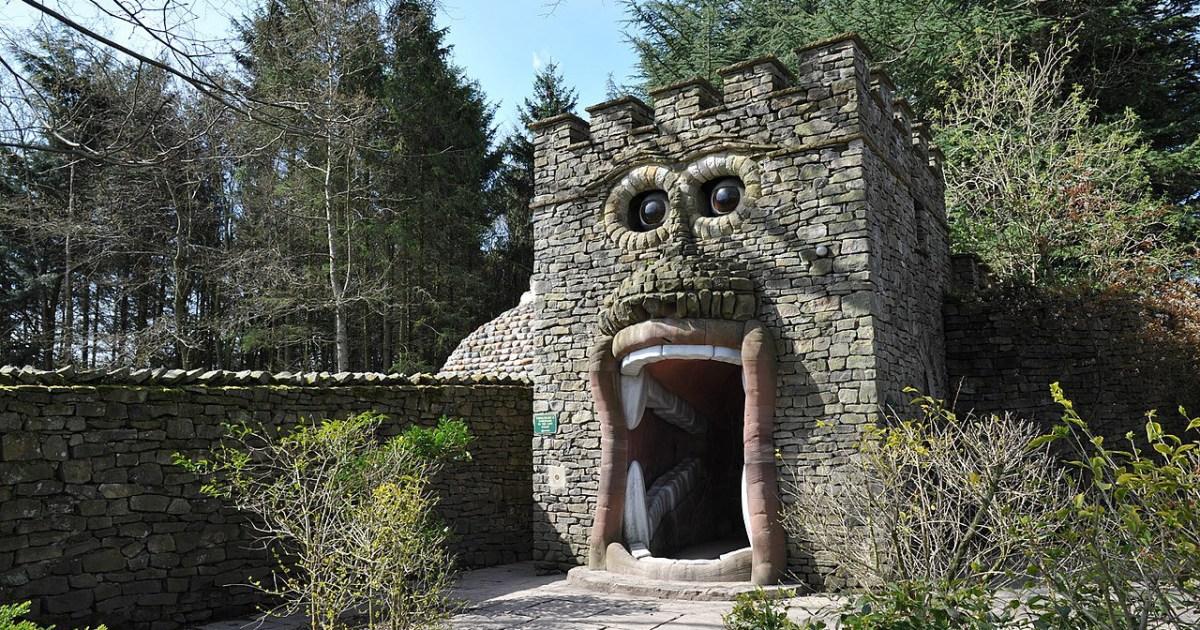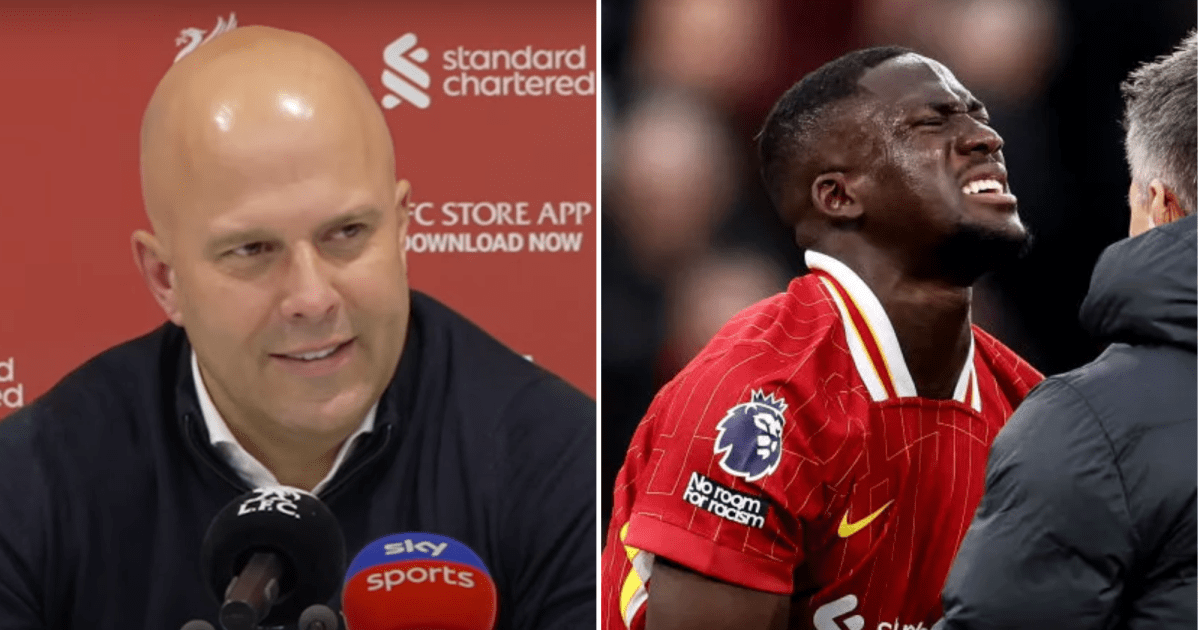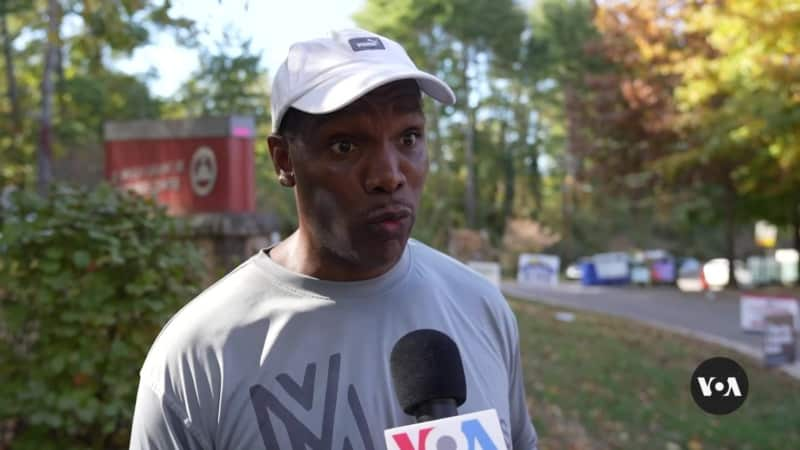The US reportedly asked Lebanon to declare a unilateral ceasefire to revive stalled talks to end hostilities between Israel and Hezbollah, according to a news wire story later denied by the Lebanese prime minister.
Two unnamed sources, a Lebanese political source and a senior diplomat made the claim to Reuters, saying the US envoy, Amos Hochstein, had communicated the proposal to Lebanon’s caretaker prime minister, Najib Mikati, this week.
The Biden administration, which critics say has made a series of missteps in its handling of the wars in Gaza and Lebanon, has come up with a number of proposals to the end the fighting in both conflicts, all of which have come to nothing.
The latest flurry of US diplomacy, during which the secretary of state, Antony Blinken, again appeared more optimistic than parties to the conflict about bringing it to an end, comes against the backdrop of the US presidential election next week.
Mikati’s office, however, denied in a statement that the US had asked Lebanon to declare a unilateral ceasefire. He said his government’s stance was clear on seeking a ceasefire from both sides and implementation of UN security council resolution 1701, which ended the last round of conflict between the two foes in 2006.

The US embassy in Beirut did not immediately respond to requests for comment.
The sources said Washington had sought to persuade Beirut to take back some initiative in the talks, particularly given the perception that Israel was likely to continue military operations that have already killed most of Hezbollah’s leadership and destroyed much of the country’s south.
Lebanon’s armed forces are not involved in the hostilities between Israel and Hezbollah, which began firing rockets at Israeli military sites a year ago in solidarity with its Palestinian ally Hamas in Gaza.
Any effort to reach a ceasefire would need a green light from Hezbollah, which has ministers in Lebanon’s cabinet and whose members and allies hold a significant number of seats in Lebanon’s parliament.
Diplomats mediate with Hezbollah through the group’s ally Nabih Berri, the speaker of parliament.
Hezbollah has said it backs Berri’s efforts to reach a ceasefire but that a deal must meet certain parameters without providing details.
A unilateral declaration was seen as a non-starter in Lebanon, the sources said, because it would be likely to be equated with a surrender.

Israeli officials have been pushing for a “side letter” from the US in which Washington would guarantee Israel’s freedom to take military action in response to any violation of a ceasefire deal by Hezbollah. Lebanese parties, including Hezbollah, are highly unlikely to accept such a letter.
Talks about a ceasefire foundered as Mikati accused Israel of stubbornness in the negotiations, while the Israeli prime minister, Benjamin Netanyahu, said his priority was to impose security “despite any pressure or constraints”.
The hostilities have eroded the prospect of truce being reached before the US election on Tuesday.
The claims emerged as Israel’s air force continued to bombard Beirut’s southern suburb of Dahiyeh overnight, destroying dozens of buildings in several neighbourhoods, Lebanon’s state-run National News Agency said on Friday.
Israel has recently intensified its airstrikes on the north-eastern city of Baalbek and nearby villages, and parts of southern Lebanon. International mediators are increasing their efforts to halt the wars in Lebanon and Gaza, circulating fresh proposals to de-escalate the regional conflict.
Medics in Gaza said about 60 people had been killed and dozens injured overnight and into Friday morning in Israeli strikes on the city of Deir Al-Balah, the Nuseirat camp and the town of Al-Zawayda, all in central Gaza, as well as in the south.

At least 10 people were killed in an Israeli strike that hit the entrance to a school sheltering displaced people in Nuseirat, medics told Reuters. Another 10 were killed in a car in Khan Younis in southern Gaza, they said.
The Israeli military said its troops had killed what it called armed terrorists in central Gaza and the Jabalia area in the north of the terriory. It had no immediate comment on the reported school strike, but it habitually denies targeting civilians.
Israel also launched at least 10 strikes on Beirut’s southern suburbs, Reuters journalists said. It was the first bombardment of the area, once a densely packed district and a Hezbollah stronghold, in nearly a week.
The strikes came after Israel issued evacuation orders for 10 separate neighbourhoods. The attacks began before the final series of orders were published.
Agencies contributed to this article.


